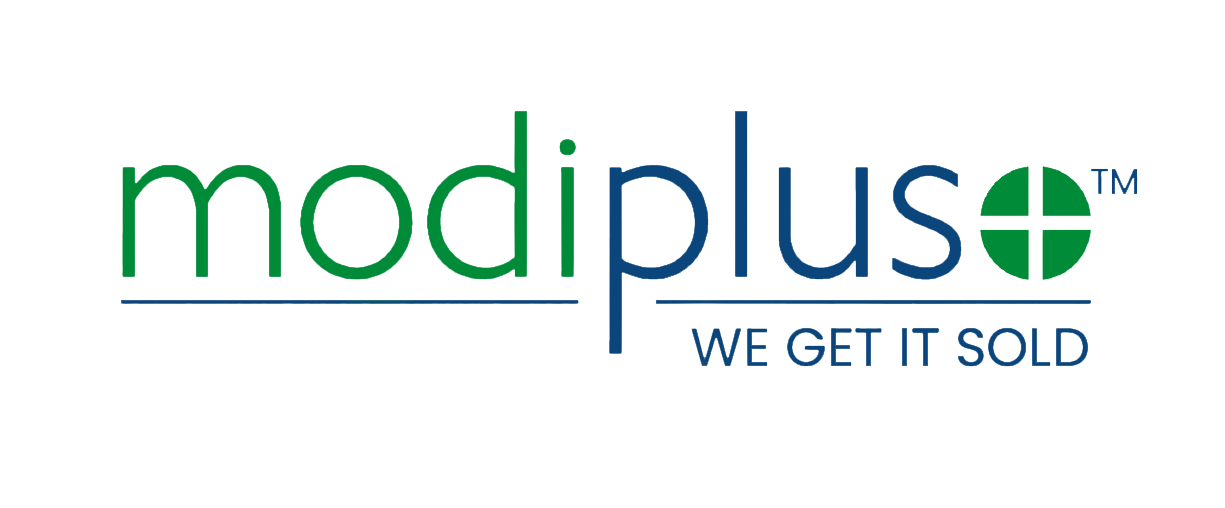Get the Highest and Best Price Possible for your Pharmacy
So how do you get the highest and best price possible for your pharmacy business?
Unlike yester-years which was based on the pharmacy business turnover, prices are now calculated by applying a multiple of EBITDA (earnings before interest, tax, depreciation and amortisation) profits. The higher the EBITDA profits, the higher the valuation of a pharmacy business.
We can help and guide you to bring your pharmacy business back into the parameters within which to operate. If you require a valuation for probate, dispute resolution, divorce or to buy out an ongoing partner or shareholder, please contact us.
NHS, OTC, Service, Wholesale, Online & Export Sales
The pharmacy business accounts should ideally show a split of the total turnover into various categories to get a better understanding of the whole, and to help with the pharmacy valuation process. Otherwise, it is very likely that the first desktop valuation will not be as accurate. To sell or hold decision will be based on incorrect pricing. The better the accounts are presented, the quicker the pharmacy sale process will be too.
Financial Information
It is very important to have all the financial information of your pharmacy business readily available as follows:
+ Up-to-date management accounts
+ Explanation if the turnover and profits are on decline
+ Explanation if the gross profit margin is inconsistent (check rebates and locum costs)
+ Staff contracts
+ Locum contracts
+ Details of any lease and hire purchase agreements
+ Details of other financial commitments
+ Details of property investments and tax consequences for both parties
+ Ditto if there is a large cash at bank
If the information is available and provided on a timely basis, the pharmacy buyer is going to be suitably impressed and gain confidence.
Staff Costs, Lease & Rent
Staff costs (including locums) are one of the major expenses in a pharmacy business. This has to be managed carefully so that it is within the benchmark for a pharmacy operator. The cost will vary as a percentage of turnover depending on whether it is an owner managed or pharmacy manager operated pharmacy. We will be happy to guide you on this once we have looked at your accounts.
Lease and rent is also a major expense. The remaining lease term should be in excess of at least 6 to 7 years at least and protected under the Landlord and Tenant Act. Otherwise, the pharmacy may be difficult to sell, unless the lease term is extended to 10 years or more. This is to satisfy the bank’s security of lending (if applicable).
Equally, the rent needs to be at a sensible level. This is why high street pharmacies may have a lower valuation compared to community and surgery pharmacies with the same level of turnover and profits. A slightly lower profit multiple may be applied to pharmacy valuations due to larger percentage increase in their costs over time.
Location & Competition
Pharmacies in London and the home counties are usually more desirable and will fetch a higher price compared to those in other counties. Similarly, pharmacies located in a health centre or next door to a GP surgery will also fetch a higher price.
As the saying goes, "location, location and location". If there is more competition in the area, the greater the uncertainty is for the pharmacy buyer. The price will also reflect that. There are many pharmacies on he market with turnovers of less than £500,000. Again, the price will reflect supply/demand conditions.
Growth Potential
Pharmacies that have potential for growth will be more attractive to pharmacy buyers. So it is essential to note down all the growth areas, such as services, upcoming major housing developments, new opening or a relocation of a surgery to nearer the pharmacy, and possible closure of a competitor pharmacy.





